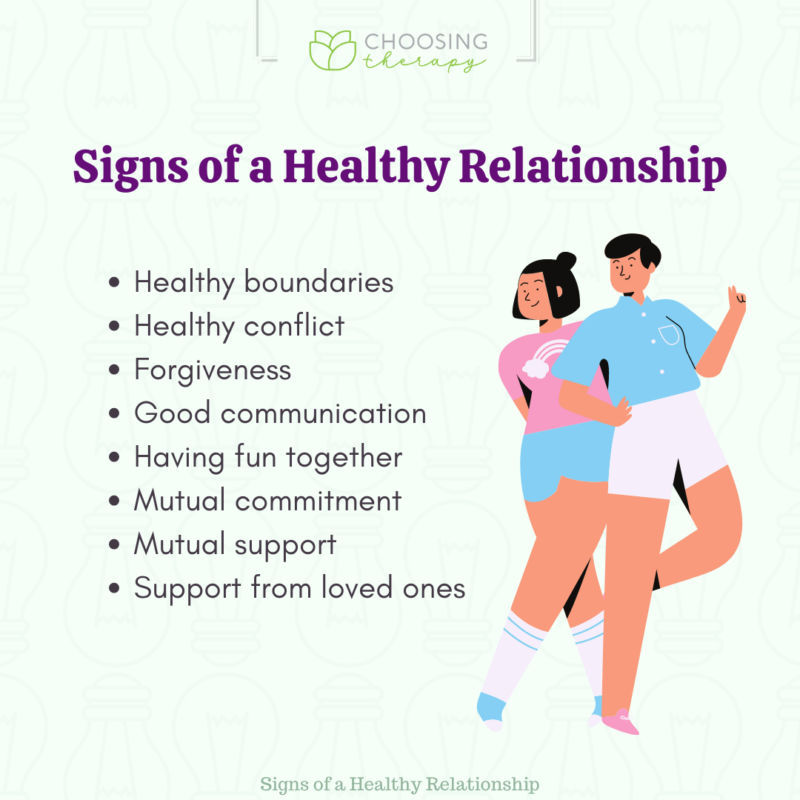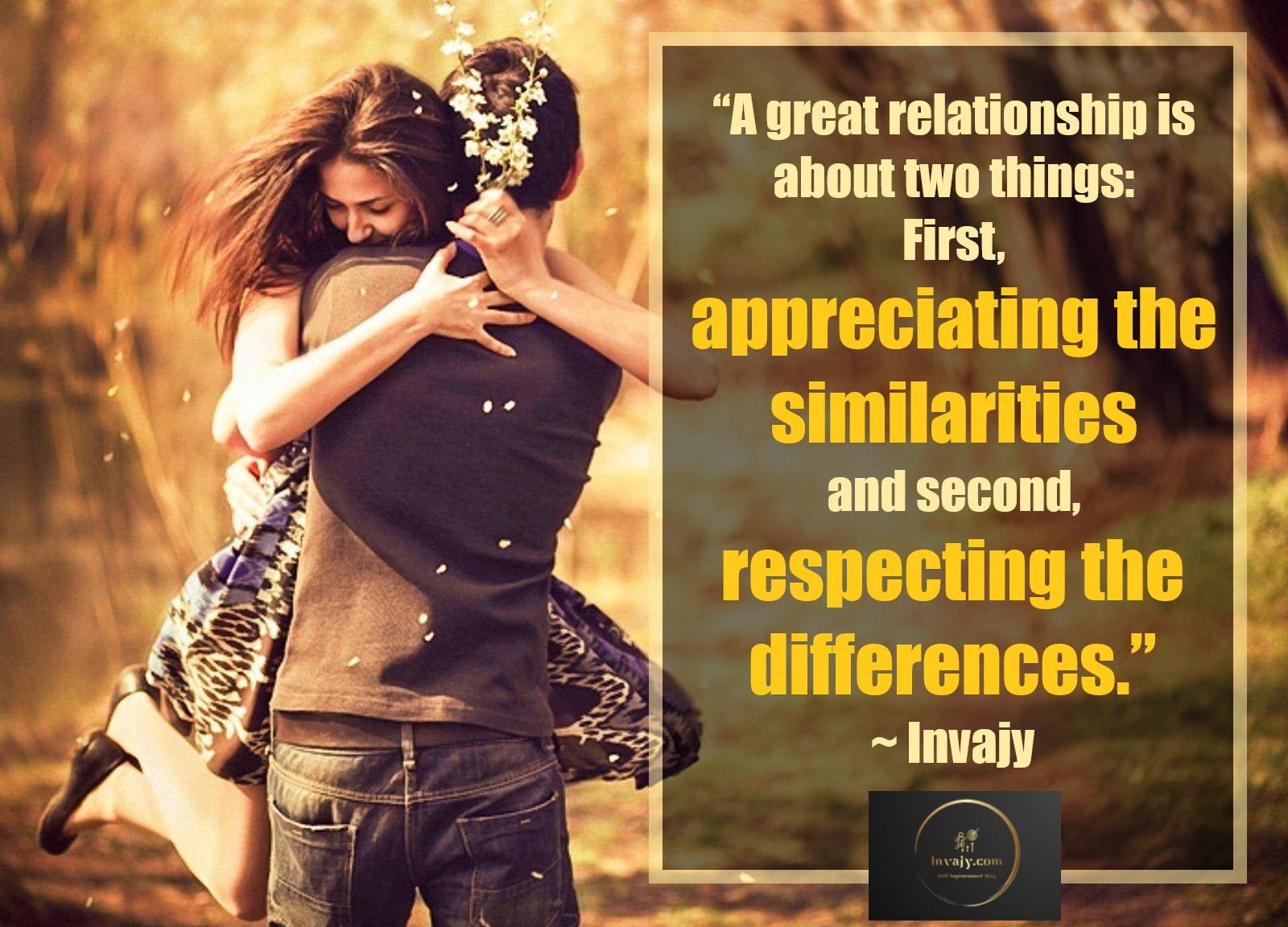In today’s world, the term relationship partner has become more widely used and understood in various contexts, both personal and professional. A relationship partner refers to someone with whom you share a meaningful connection. This can take the form of a romantic relationship, a business collaboration, a close friendship, or even professional networking.
Understanding what a relationship partner is, and what role they play, is key to nurturing fulfilling and successful connections.

What is the definition of a relationship partner?
At its core, a relationship partner is an individual with whom you share a significant bond based on mutual understanding, trust, respect, and often shared goals. A partnership implies that both individuals work together in a way that benefits each other. The term is inclusive and can describe relationships in various domains:
- Romantic partners: Individuals in a committed emotional and often physical relationship.
- Business partners: People who collaborate on professional or entrepreneurial ventures.
- Friendship partners: Close friends who offer emotional support and share life experiences.
- Professional networking partners: Mentors, colleagues, or collaborators who help one another in their careers.
By understanding the roles that each type of partner plays, individuals can foster healthier and more productive relationships.
Different types of relationship partners
The concept of a relationship partner is not limited to just romantic involvement. It encompasses various types of relationships, each serving different purposes but rooted in shared respect and collaboration. Here are the main types of partners:
- Romantic Partner: Typically involves emotional, physical, and sometimes financial collaboration.
- Business Partner: Focused on achieving business goals, sharing profits, and making strategic decisions together.
- Friendship Partner: Often built on emotional closeness, mutual support, and shared experiences.
- Professional Networking Partner: Relationship built for mutual career or professional growth.
Common characteristics of a good relationship partner
No matter the type of relationship, certain qualities are universal to a good partner:
- Trust: Partners must trust each other in every aspect of their relationship.
- Mutual Respect: Respect for each other’s values, boundaries, and individuality is crucial.
- Commitment: A strong partnership requires commitment to the relationship’s success, whether romantic, business, or otherwise.
- Communication: Open, honest communication is the backbone of any strong partnership.
Why the term “partner” is preferred in modern contexts
The term partner has gained popularity as it is inclusive, neutral, and respects equality within the relationship. In romantic contexts, for example, partner is more flexible and contemporary compared to terms like spouse, boyfriend, or girlfriend. It signifies equality, emphasizing collaboration rather than one party taking precedence over the other. In professional and business contexts, the word partner indicates an equal contribution and shared responsibility.

The Role of a Relationship Partner in a Romantic Relationship
A romantic relationship partner plays a crucial role in shaping the emotional and physical well-being of both individuals involved. The essence of a successful romantic partnership lies in shared experiences, communication, trust, and emotional intimacy. In a world where relationships are complex and evolving, it’s important to recognize the key responsibilities and attributes of a romantic partner that contribute to a fulfilling and lasting bond.
Emotional Support and Communication
One of the primary roles of a romantic relationship partner is to provide emotional support. Life is filled with ups and downs, and having someone to lean on during challenging times can make all the difference. Emotional support often manifests in different ways, such as:
- Listening actively to your partner’s feelings and concerns.
- Empathizing with their experiences, even if you haven’t gone through the same thing.
- Offering reassurance and comfort in difficult situations.
In a romantic relationship, communication is also key. Healthy couples know how to talk openly and honestly with each other about their thoughts, fears, dreams, and expectations. Clear and transparent communication helps avoid misunderstandings and builds stronger emotional connections. Here are a few practices that enhance communication:
- Active listening: Give your partner undivided attention when they are speaking.
- Expressing feelings: Don’t bottle up emotions; instead, talk about them openly.
- Non-verbal communication: Pay attention to body language, facial expressions, and tone of voice.
By fostering emotional support and communication, partners can create a safe and nurturing environment that strengthens their connection over time.
Shared Responsibilities and Decision-Making
A healthy romantic partnership is built on shared responsibilities. This could range from everyday household chores to long-term financial planning. A successful couple understands that responsibilities should not rest solely on one person. Instead, partners work together, dividing tasks based on their strengths, preferences, and availability.
Here are some examples of shared responsibilities:
- Financial obligations: Discussing and deciding how to manage income, savings, and expenditures as a team.
- Household duties: Splitting up tasks like cooking, cleaning, and managing family affairs.
- Emotional labor: Offering emotional support to each other, whether it’s managing stress or addressing emotional needs.
When it comes to decision-making, mutual input is essential. Every relationship faces important decisions about the future—whether it’s moving in together, getting married, or even making career changes. Healthy decision-making involves:
- Collaborating: Both partners should have a voice in major decisions.
- Compromising: Finding a middle ground when you have differing opinions.
- Planning for the future: Discussing shared goals, like buying a house, starting a family, or planning for retirement.
These aspects of shared responsibility and decision-making reinforce the importance of teamwork in a relationship, leading to a balanced and satisfying life together.
Growth and Development in a Relationship
A successful romantic relationship is one where both partners encourage personal growth and self-development. While it’s important to maintain a strong connection with your partner, it’s equally important to foster individual growth. A romantic partner should support you in pursuing your passions, hobbies, and career goals, while you do the same for them.
Ways to support growth in a relationship:
- Encouraging education or personal hobbies: Partners who push each other to grow individually often find greater satisfaction in their relationships.
- Respecting each other’s space: Giving your partner time to focus on personal goals and interests strengthens both personal and relationship growth.
- Fostering mutual growth: Couples can take on challenges together, such as learning new skills, traveling, or starting a new project, which leads to shared experiences that strengthen the relationship.
Relationships thrive when both partners grow, individually and together, creating a deeper bond over time.
Building Trust and Respect
Trust is the foundation of any romantic relationship. Without trust, insecurities and doubts can arise, undermining the connection between partners. Trust isn’t built overnight—it takes time, effort, and consistency. To cultivate trust in a relationship:
- Honesty: Always be truthful with your partner, even when it’s difficult.
- Reliability: Show up when you say you will, and follow through on promises.
- Vulnerability: Be open and vulnerable with your partner, which encourages them to do the same.
Another key component is mutual respect. Respecting your partner means valuing their opinions, treating them with kindness, and acknowledging their individuality. In a respectful partnership, neither person feels dominated or diminished.
Mutual respect includes:
- Listening to your partner’s point of view and considering it seriously, even when you disagree.
- Celebrating each other’s achievements without jealousy or competition.
- Establishing healthy boundaries that respect personal space, privacy, and individual time.
By nurturing trust and respect, couples build a solid foundation that can weather life’s challenges.

Relationship Partner in Non-Romantic Settings
While the term relationship partner is often associated with romantic contexts, it also plays a critical role in non-romantic settings. Whether in business, friendships, or professional networking, partnerships are built on similar principles of trust, collaboration, and shared goals. Understanding how a relationship partner functions in these areas can enhance personal and professional growth.
Business Partnership
A business partnership is one of the most common non-romantic forms of a relationship partnership. It involves two or more individuals collaborating to achieve shared business goals. Business partners pool their resources, skills, and expertise to create and manage a company or project. For a business partnership to succeed, certain traits and structures are essential.
Key traits of a successful business partner:
- Shared vision: Both partners must align on the overall mission and long-term goals of the business.
- Trust and transparency: Business partners must trust each other’s judgment and be transparent about finances, responsibilities, and expectations.
- Complementary skills: Partners with different skill sets (e.g., one focused on operations, the other on marketing) can cover more ground and bring diverse strengths to the business.
- Clear communication: Regular communication is crucial to avoid misunderstandings and ensure everyone is on the same page.
Types of business partnerships:
- General partnership (GP): All partners share equal responsibility and liability.
- Limited partnership (LP): One partner manages the business while others contribute financially without being involved in day-to-day operations.
- Limited liability partnership (LLP): Offers protection from personal liability while allowing partners to manage the business actively.
Case Study: Apple Inc.
- Steve Jobs and Steve Wozniak were early business partners who combined their distinct skills—Jobs’ visionary marketing and Wozniak’s technical expertise—to build one of the world’s most valuable technology companies. Their partnership is a classic example of how complementary talents can lead to monumental success.
Professional Networking Partner
A professional networking partner refers to someone in your industry or field who supports your career growth, offers mentorship, or collaborates on professional projects. Networking partnerships can be formal (through mentorship programs) or informal (formed through mutual connections).
Benefits of professional networking partnerships:
- Career advancement: Networking partners can help each other find job opportunities, promotions, or career-changing projects.
- Skill development: Partners may exchange knowledge or offer training in areas where the other is less experienced.
- Expanding influence: Through networking, professionals can expand their reach, build a reputation, and tap into new markets or industries.
Example: The Power of Mentorship
- In Silicon Valley, Sheryl Sandberg (COO of Facebook) has credited her career growth to her networking relationships, particularly her mentorship with Larry Summers, former U.S. Treasury Secretary. Her professional network provided her with career guidance, opportunities, and the confidence to take on leadership roles.
Close Friendships
In many ways, a close friendship can be considered a relationship partnership. Friends who share deep bonds often play the role of a partner in each other’s emotional and social lives. Unlike casual friendships, partnership-level friendships involve a high degree of trust, mutual support, and a long-term commitment to each other’s well-being.
How friendship partners support each other:
- Emotional support: Friends act as sounding boards, offering advice, empathy, and comfort during tough times.
- Shared experiences: They spend time together, engage in shared hobbies, and celebrate milestones (e.g., birthdays, promotions).
- Unconditional loyalty: True friendship partners stick by each other’s side, even during life’s inevitable ups and downs.
Why friendship partnerships matter: Research shows that deep friendships contribute to mental health and longevity. According to a study published in the Journal of Personality and Social Psychology, individuals with strong friendship networks report higher levels of happiness and life satisfaction.
Example of a Famous Friendship Partnership:
- The friendship between J.R.R. Tolkien and C.S. Lewis is a great example of a partnership built on mutual respect, shared interests (literature and theology), and emotional support. Their friendship influenced their respective works, such as The Lord of the Rings and The Chronicles of Narnia.

Characteristics of a Healthy Relationship Partner
Whether in a romantic, business, or friendship context, a healthy relationship partner is someone who fosters a positive, supportive, and balanced connection. Several key characteristics define a healthy partnership, and these traits are the building blocks of long-lasting and successful relationships.
Trustworthiness and Honesty
Trust is the cornerstone of any successful partnership. Without trust, no relationship—whether personal or professional—can thrive. Trustworthy partners are reliable, dependable, and honest in their actions and words. They follow through on promises and are open about their thoughts and intentions.
Why trustworthiness matters:
- Security and stability: Partners need to feel secure in their relationship, knowing that the other person will not betray their trust or deceive them.
- Conflict resolution: Trust allows partners to navigate disagreements without fear of manipulation or dishonesty. When both parties know they can be truthful, conflicts can be resolved more effectively.
- Emotional safety: In personal relationships, trust fosters emotional intimacy, where both partners can be vulnerable without fear of judgment or betrayal.
Tips for building trust:
- Be open and transparent about your feelings and intentions.
- Keep your promises, no matter how small.
- Admit when you’re wrong, and take responsibility for your actions.
Commitment and Reliability
Commitment refers to a partner’s dedication to the relationship. In romantic partnerships, this involves long-term dedication to each other’s well-being and growth. In business or professional relationships, commitment means sticking with the partnership through challenges and working towards common goals.
The importance of reliability:
- Consistency: Reliable partners are consistent in their behavior and contributions. Whether it’s showing up for meetings on time or offering emotional support during tough times, reliability builds a sense of security.
- Dependability: A reliable partner is someone you can count on to fulfill their obligations, whether in a project or a personal matter.
In romantic contexts, commitment also means loyalty and dedication, where both partners work together to overcome obstacles, share responsibilities, and maintain a connection over time.
Case Study: Long-Term Business Partnerships
- Bill Gates and Paul Allen, the co-founders of Microsoft, maintained a strong commitment to their shared vision, despite facing many obstacles in the early days of the company. Their mutual reliability and commitment were crucial to Microsoft’s success.
Communication Skills
Effective communication is a vital part of any relationship. Whether in a romantic, business, or friendship partnership, communication ensures that both parties understand each other’s needs, goals, and boundaries. Poor communication, on the other hand, leads to misunderstandings, conflicts, and, ultimately, the breakdown of the relationship.
Key communication skills for healthy relationships:
- Active listening: Listening carefully to what your partner says without interrupting or thinking about your response. Active listening shows that you value your partner’s thoughts and feelings.
- Clarity: Be clear and direct in expressing your thoughts, feelings, and needs. Avoid being vague or expecting your partner to “read your mind.”
- Non-verbal communication: Body language, facial expressions, and tone of voice play a significant role in how your message is received.
Common communication challenges:
- Assumptions: Misunderstandings often arise when partners assume they know what the other person is thinking.
- Defensive behavior: In moments of conflict, partners may become defensive instead of working towards a resolution.
- Avoidance: Some partners avoid difficult conversations, which can lead to unresolved issues.
Improving communication can involve using techniques like “I” statements to express feelings without blaming the other person (e.g., “I feel upset when…” instead of “You always make me feel…”), or regularly checking in with your partner to discuss how things are going.
Emotional Intelligence
Emotional intelligence (EI) refers to the ability to understand and manage your own emotions, as well as recognize and influence the emotions of others. In a relationship, high emotional intelligence helps both partners navigate challenges, express themselves constructively, and build deeper connections.
Components of emotional intelligence in relationships:
- Self-awareness: Knowing your own emotions and how they affect your behavior in the relationship.
- Empathy: Understanding and validating your partner’s emotions, which helps build trust and intimacy.
- Self-regulation: Managing your emotional responses to avoid impulsive reactions during conflicts.
- Motivation: Staying focused on the long-term success and health of the relationship, rather than getting caught up in short-term frustrations.
How emotional intelligence benefits partnerships:
- Improved conflict resolution: Partners with high EI can navigate disagreements without resorting to emotional outbursts or harmful behavior.
- Deeper emotional connection: Being attuned to each other’s feelings fosters a stronger emotional bond.
- Increased resilience: Emotionally intelligent partners are better equipped to handle stress, setbacks, and challenges together.
Data on Emotional Intelligence: According to a study by TalentSmart, 90% of top performers in professional settings have high emotional intelligence, demonstrating the crucial role EI plays not only in personal relationships but also in business and career success.